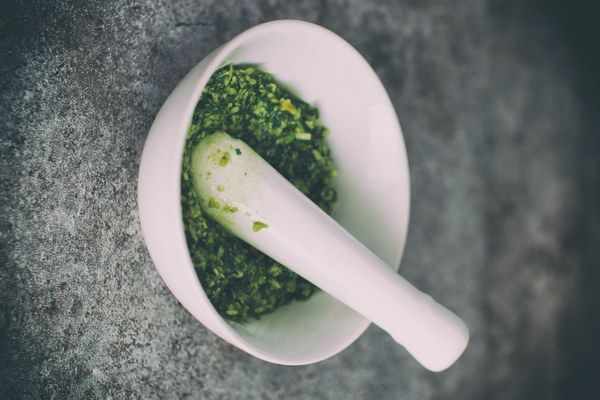Can Menstrual Cycle Help Women Protect Their Liver
The menstrual cycle, often seen as a natural part of a woman's life, has long been a subject of mystery and fascination. While the focus is usually on its impact on fertility and mood, recent research suggests that it may also play a role in liver health. The question arises: can the menstrual cycle help women protect their liver? Let's delve into this intriguing topic.
First, it's essential to understand the liver's role in the body. The liver is a vital organ that performs numerous functions, including filtering toxins from the blood, metabolizing nutrients, and producing bile. It also plays a crucial role in the immune system, storing vitamins, and regulating blood clotting.
Now, let's examine the menstrual cycle and its potential impact on liver health. The menstrual cycle consists of four phases: the menstrual phase, the follicular phase, the ovulatory phase, and the luteal phase. During these phases, hormonal fluctuations occur, which can influence various bodily functions, including liver health.
1. The Menstrual Phase: This phase marks the beginning of the cycle and is characterized by the shedding of the uterine lining. Hormonal fluctuations during this phase may lead to an increase in liver enzyme levels. However, this increase is typically short-lived and usually doesn't pose a significant health risk.
2. The Follicular Phase: The follicular phase is marked by the growth and development of ovarian follicles. This phase is associated with an increase in estrogen levels, which can enhance liver function. Estrogen has been shown to stimulate the production of bile, which helps in the digestion and absorption of fats.
3. The Ovulatory Phase: During this phase, the dominant follicle releases an egg, and estrogen levels peak. The increase in estrogen can further enhance liver function, particularly in the synthesis of cholesterol and triglycerides. However, it's important to note that excessive estrogen levels can lead to liver diseases like cirrhosis and liver cancer.
4. The Luteal Phase: The luteal phase begins after ovulation and is characterized by the formation of the corpus luteum, which produces progesterone. While progesterone has a mild effect on liver function, it is not as significant as estrogen.
Now that we have a basic understanding of how the menstrual cycle and liver function are interconnected, let's explore how women can use this knowledge to protect their liver:
1. Maintain a Healthy Diet: A balanced diet rich in fruits, vegetables, whole grains, lean protein, and healthy fats can help support liver health. Avoid excessive alcohol consumption and limit processed foods, as they can put additional stress on the liver.
2. Stay Hydrated: Drinking plenty of water can help flush out toxins from the body and support liver function.
3. Exercise Regularly: Regular exercise can improve overall health, including liver function. It helps regulate hormones and may reduce the risk of liver diseases.

4. Manage Stress: Stress can lead to hormonal imbalances, which may affect liver health. Practices such as meditation, yoga, and deep breathing exercises can help manage stress levels.
5. Regular Check-ups: Regular health check-ups can help identify any potential liver issues early on. Women should consult their healthcare provider if they experience symptoms such as jaundice, dark urine, fatigue, or abdominal pain.
In conclusion, while the menstrual cycle has a direct impact on liver health, it's important to note that it is just one factor among many. By maintaining a healthy lifestyle and staying aware of their body's needs, women can help protect their liver throughout their menstrual cycle and beyond.









